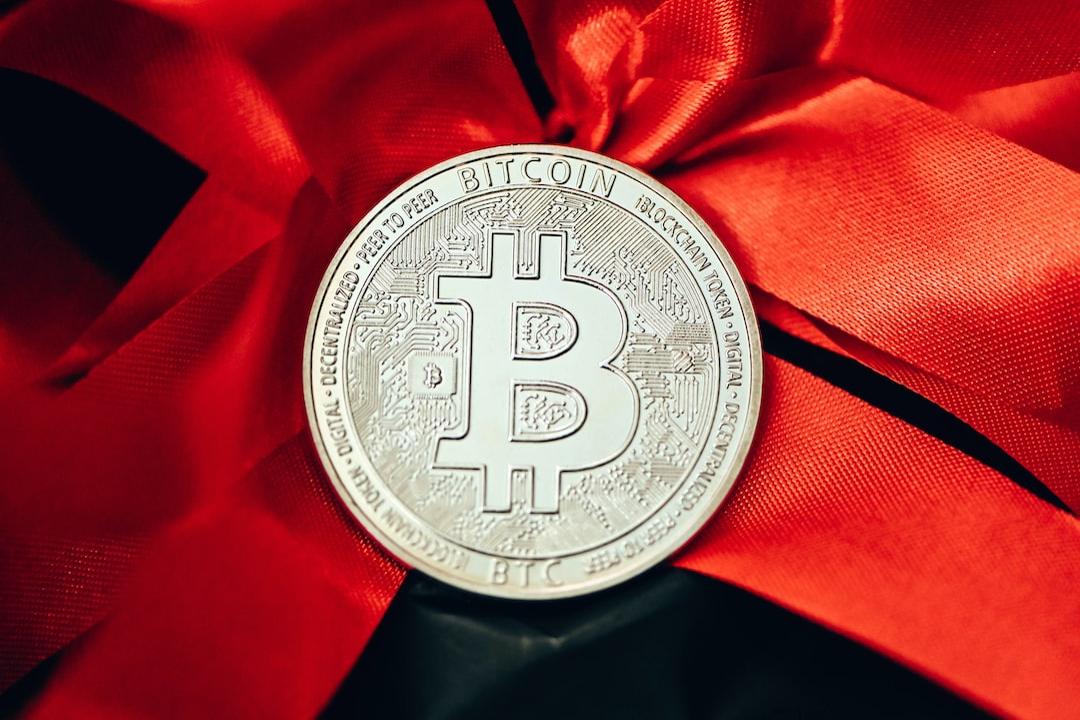What Happened?
The Vice President’s Office of Indonesia recently met with the Bitcoin community to discuss incorporating Bitcoin into the national reserves, and even potentially mining Bitcoin to enhance economic resilience and create jobs.
If Bitcoin is included, it would mark Indonesia’s first official inclusion of digital assets in its national reserves. This move aligns with trends seen in countries like El Salvador and Bhutan, reflecting Indonesia’s response to global financial changes.
Despite Indonesia’s interest in Bitcoin, its use as a payment method remains prohibited, and recent tax rates on cryptocurrency have been increased. However, officials are attentive to the potential of Bitcoin in green energy, infrastructure, and economic transformation, leaving room for a policy shift.
Is the Indonesian government exploring Bitcoin, not just for purchase but possibly for mining?
According to reports, the Vice President’s Office of Indonesia recently held a high-level meeting with the Bitcoin community “Bitcoin Indonesia,” officially launching preliminary discussions on incorporating Bitcoin into the national reserves and proposing the idea of using Bitcoin mining as a reserve strategy, indicating a desire to join the ranks of nations embracing crypto assets.
Bitcoin Indonesia stated that they were recently invited to the office of Vice President Gibran Rakabuming Raka to present the potential of Bitcoin amidst global economic shifts, including its characteristics of inflation resistance and currency devaluation protection, as well as its reserve value as digital gold.
The presentation not only covered international trends but also included future price trends. Additionally, the meeting specifically discussed the feasibility of “using Bitcoin mining as a reserve strategy.”
Indonesia might not only purchase Bitcoin as a reserve but could also participate in mining by leveraging its abundant geothermal and hydropower resources to obtain Bitcoin assets, creating more local job opportunities and infrastructure investments.
What considerations are behind Indonesia’s Bitcoin strategy?
Indonesia’s current foreign exchange reserves are mainly composed of gold, U.S. dollars, and sovereign bonds. If Bitcoin is purchased in the future, it would represent the country’s first formal inclusion of digital assets into the national reserve system, following a path similar to that of El Salvador and Bhutan.
In fact, the United States has recently begun establishing a “Strategic Bitcoin Reserve,” incorporating nearly 200,000 bitcoins seized by the government over the past few years. States like Texas are even considering creating a Bitcoin reserve independent of the federal government. Bhutan has accumulated Bitcoin through mining, becoming one of the countries with the most Bitcoin globally. Neighboring Kazakhstan and Pakistan are evaluating Bitcoin ETF investments and national mining programs.
Although the government has shown interest in Bitcoin, Indonesia’s current policy towards cryptocurrencies remains quite conservative. The current policy allows Bitcoin to be traded as a “commodity,” but explicitly prohibits it from being used as a payment tool. This regulation has been in effect since 2017 and was reiterated in 2023, stating that travelers face penalties if they use cryptocurrency for consumption.
However, enforcement has not been strict; recently, a Cointelegraph journalist found that some real estate in Bali accepts Bitcoin payments.
At the same time, Indonesia’s Ministry of Finance last week increased taxes on crypto trading and mining. The local trading income tax was raised from 0.1% to 0.21%, while foreign platforms saw a surge to 1%. The value-added tax on crypto mining activities also increased from 1.1% to 2.2%.
Compared to the U.S., which views Bitcoin as a strategic asset against inflation and high debt, Indonesia’s current economic indicators are relatively healthy. The inflation rate remained at a low level of 0.76% in January 2025, indicating a lower urgency for “hedging.”
Nevertheless, Bitcoin Indonesia emphasizes that Bitcoin can create new economic sources for the country beyond value storage, especially in terms of the benefits brought about by green energy applications and infrastructure development. They point out that many countries are promoting green energy development and technological investment through Bitcoin mining, even stimulating local employment.
Sources: CryptoSlate, CoinTelegraph

